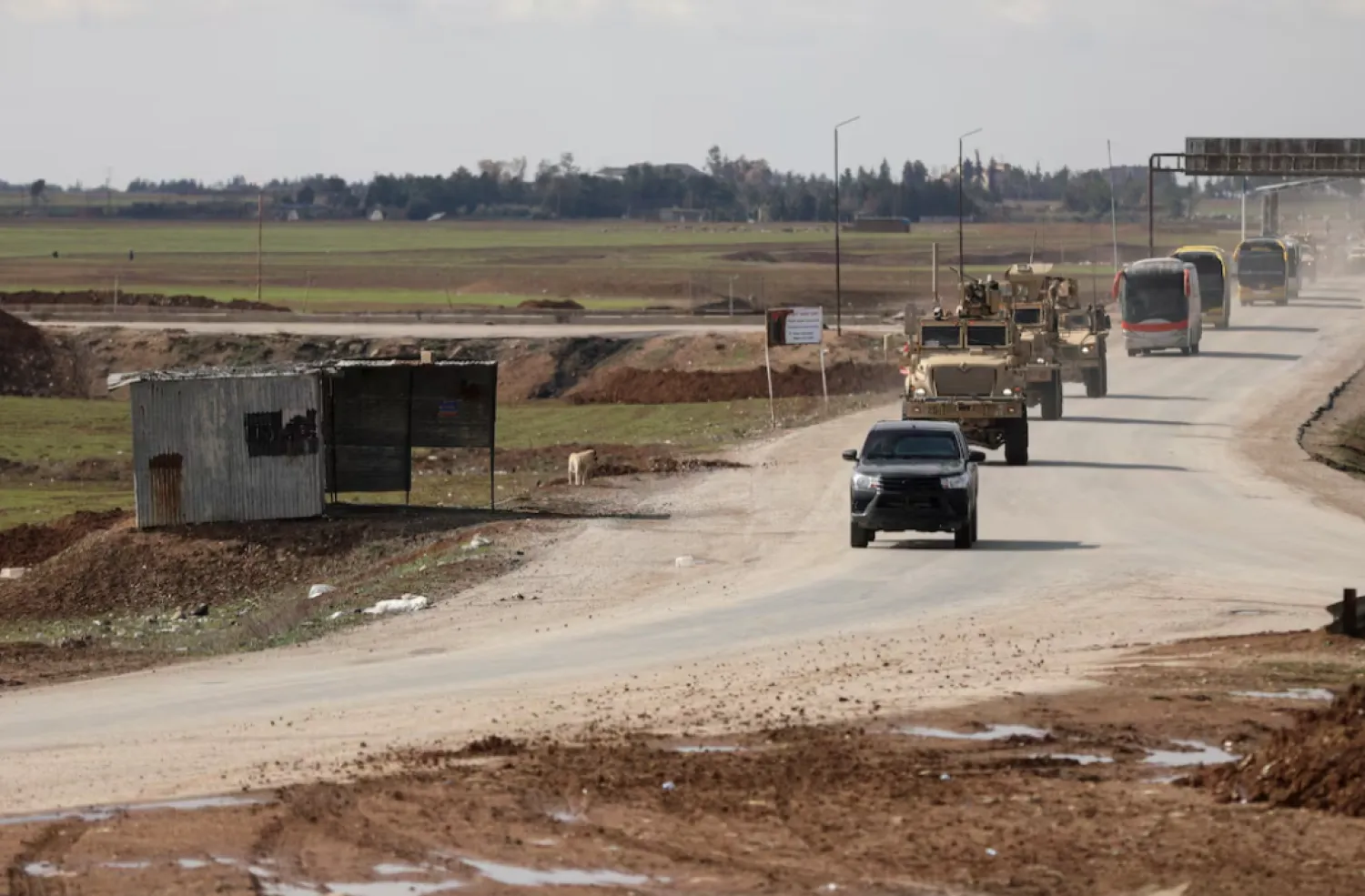Egyptian President Abdel Fattah al-Sisi won reelection to a third, six-year term in office, election authorities announced Monday. He ran against three opponents.
Sisi recorded a landslide victory, securing 89.6% of the vote, the National Election Authority said. Turnout was 66.8% of more than 67 million registered voters.
“The voting percentage is the highest in the history of Egypt,” declared Hazem Badawy, the election commission chief, who announced the official results in a televised news conference.
The vote was overshadowed by the Israel-Hamas war in Gaza on Egypt’s eastern border, which has threatened to expand into wider regional turmoil.
Sisi said on Monday that the war is a threat to national security.
"This ongoing war on our eastern borders, which calls for the mobilization of all our efforts to prevent its continuation, represents a threat to Egyptian national security in particular and to the Palestinian cause in general," Sisi said in a televised speech after winning the election.
Egypt is also in the midst of an economic crisis, with monthly inflation surging above 30%. Over the past 22 months, the Egypt pound has lost 50% of value against the dollar with one third of the country's 105 million people already living in poverty, according to official figures.
The economy has also been hurt by the wider repercussions of the coronavirus pandemic and the ongoing Russian war in Ukraine, which rattled the global market.
Sisi was first elected as president in mid-2014, then reelected in 2018. A year later, constitutional amendments, passed in a general referendum, added two years to Sisi's second term, and allowed him to run for a third, six-year term.
His three opponents were marginal political figures who were rarely seen during the election campaign.
Hazem Omar, head of the Republican People’s Party, came second with 4.5% of the vote, followed by Farid Zahran, head of the opposition Social Democratic Party with 4%. Abdel-Sanad Yamama, chairman of the Wafd Party, received less than 2% of the vote.
In the months prior to the election, Sisi vowed to address the country's economy.
Sisi’s government initiated an ambitious IMF-backed reform program in 2016, but the austerity measures sent prices soaring, exacting a heavy toll on ordinary Egyptians.
Last December, the government secured a second IMF deal on the promise of implementing economic reforms, including a floating exchange rate. The cost of basic goods have since jumped, particularly imports.









